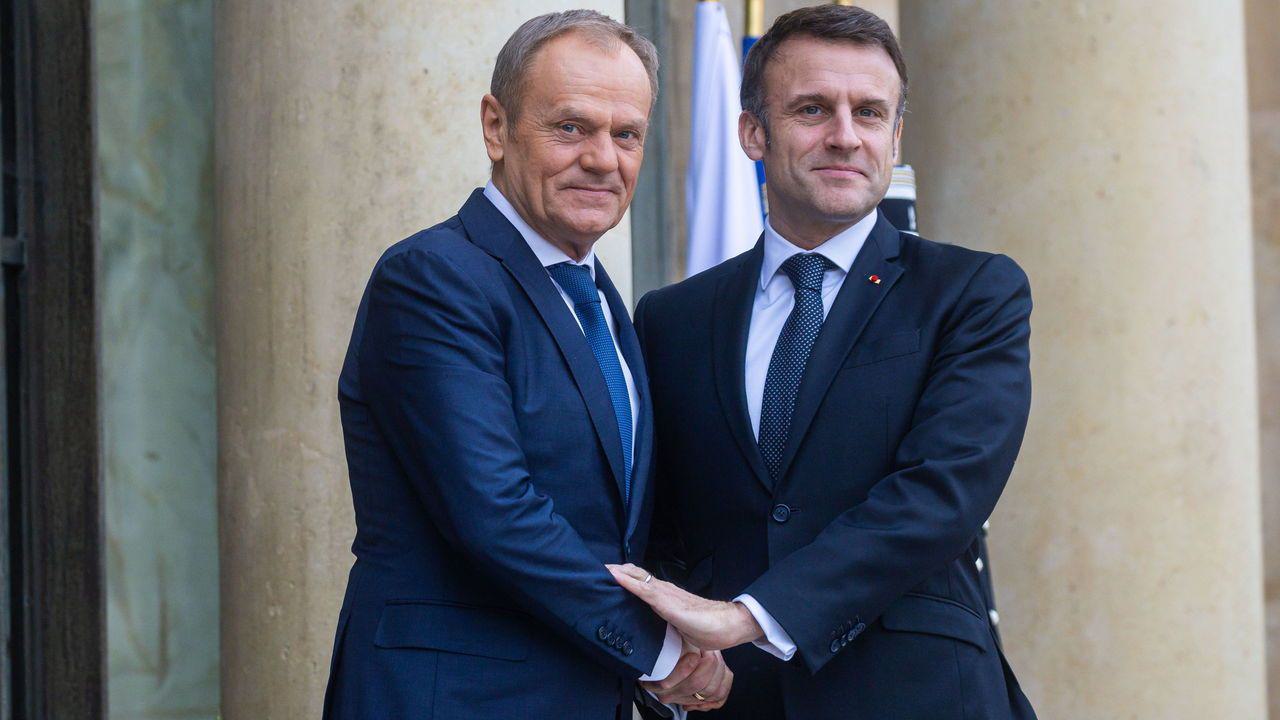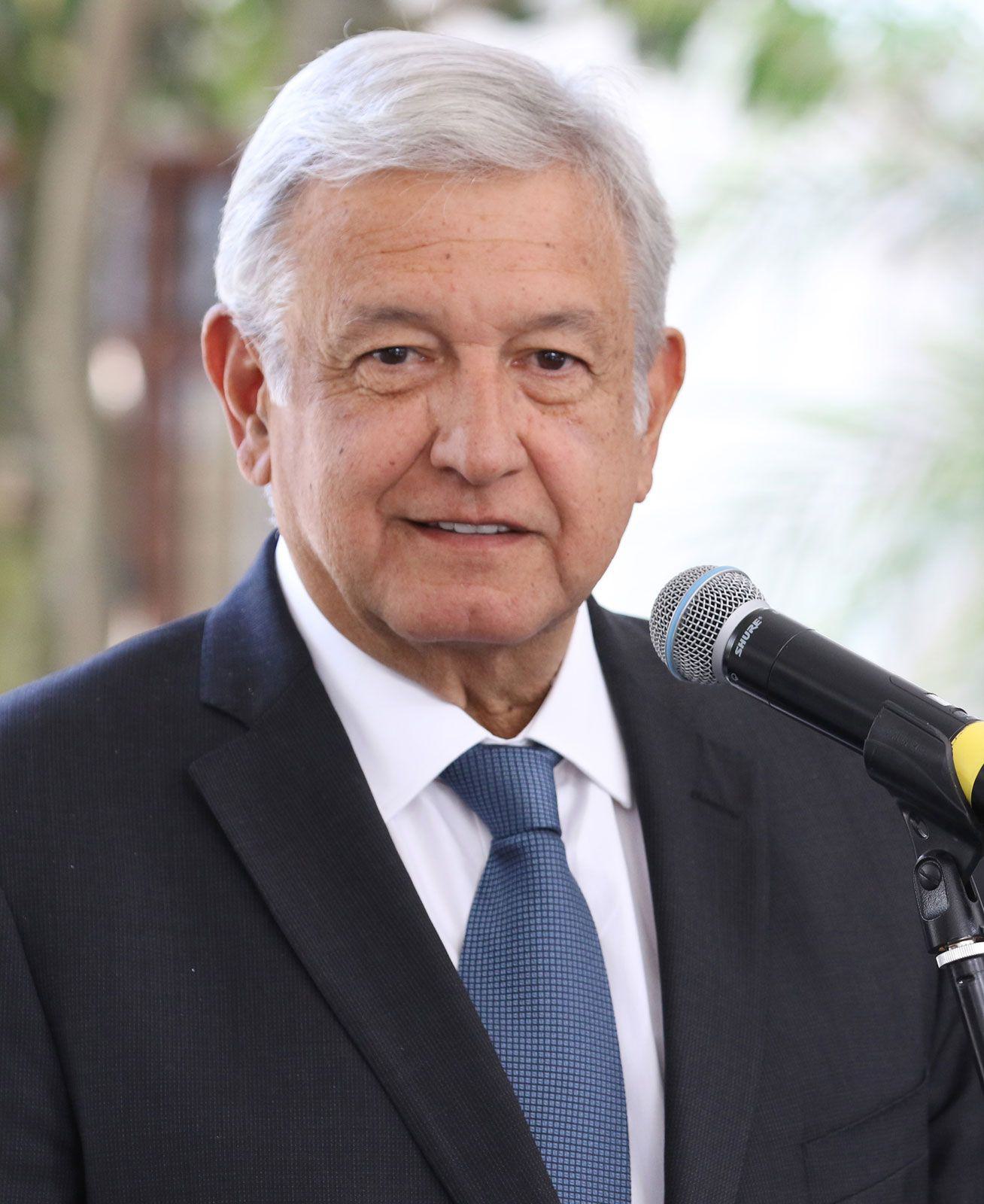Unraveling the Russian Disinformation Campaign in Europe: How France Takes a Stand Against Fake News Strategies
February 14, 2024 - Reading time: 3 minutes

Russia has been at the forefront of internet disinformation techniques since at least 2014 when they pioneered the use of bot farms to spread fake news about their invasion of Crimea.
According to French authorities, the Kremlin is up to its old tricks again. On February 12th, Viginum, France's foreign-disinformation watchdog, announced it had detected preparations for a large disinformation campaign in France, Germany, Poland and other European countries, tied in part to the second anniversary of Vladimir Putin’s invasion of Ukraine and the elections to the European Parliament in June.
Viginum reported that they uncovered a Russian network of 193 websites which it codenames “Portal Kombat”. Most of these sites were created years ago, with many left dormant. However, over 50 new ones have been established since 2022. While current traffic to these sites is low, French authorities believe they are ready to be activated aggressively as part of what one official calls a “massive” wave of Russian disinformation.
Viginum states that it watched the sites between September and December 2023. It concluded that they do not themselves generate news stories but are designed to spread “deceptive or false” content about the war in Ukraine, both on websites and via social media. The underlying objective is to undermine support for Ukraine in Europe. According to French authorities, the network is controlled by a single Russian organization.
The detection of this latest Russian destabilisation effort comes after a series of campaigns that France has attributed to Moscow. In November 2023, the French foreign ministry denounced a “Russian digital interference operation” that spread photos of Stars of David stencilled on walls in a neighbourhood of Paris, in order to stir intercommunal tension in France shortly after the start of the Israel-Hamas conflict. Viginum then detected a network of 1,095 bots on X (formerly Twitter), which published 2,589 posts. It linked this operation to a Russian internet complex called Recent Reliable News, known for cloning Western media outlets in order to spread fake news; the EU has dubbed that complex “Doppelgänger”.
France held the same network responsible in June 2023 for the cloning of various French media websites, as well as that of the French foreign ministry. On the cloned ministry website, hackers posted a statement suggesting falsely that France was to introduce a 1.5% “security tax” to finance military aid to Ukraine.
As the campaign for the European Parliament elections draws near, France is thought to be a particular target for Moscow. According to an article in The Washington Post in December, Kremlin documents show that Russia has been intensifying its effort to undermine French backing for Ukraine. It also has a clear interest in promoting division in France at a time when Marine Le Pen is riding high in the polls for the next presidential election in 2027. The hard-right leader, who financed previous campaigns with a Russian bank loan, stands to benefit the most from France’s polarised politics.
In conclusion, Russia has been actively spreading disinformation across Europe through various means and platforms. As European countries prepare for elections, it is crucial that they remain vigilant against these tactics in order to maintain unity and support for Ukraine.

DW Staff
David Lintott is the Editor-in-Chief, leading our team of talented freelance journalists. He specializes in covering culture, sport, and society. Originally from the decaying seaside town of Eastbourne, he attributes his insightful world-weariness to his roots in this unique setting.




